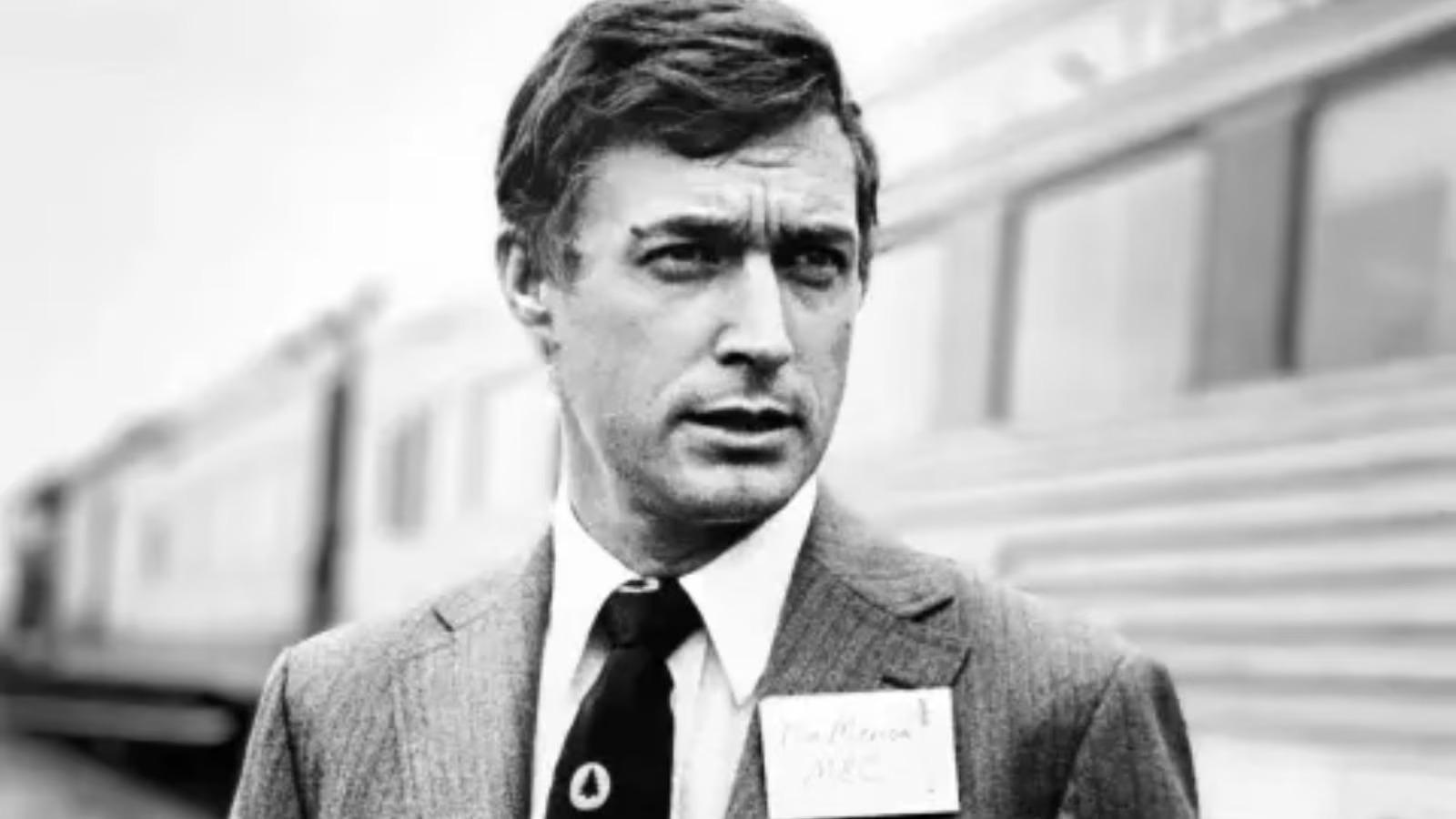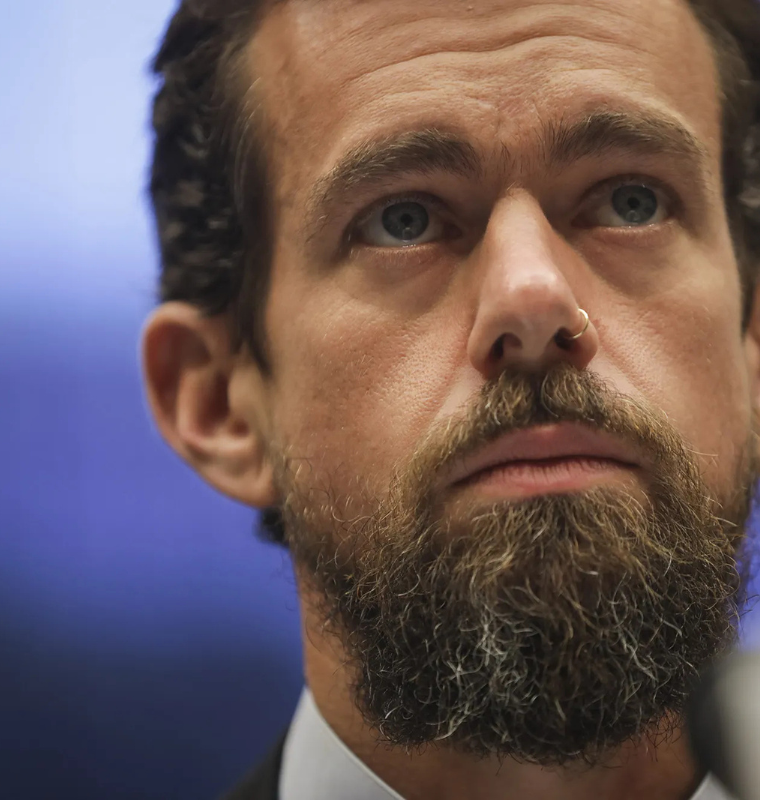Billionaire Heir Timothy Mellon Revealed as Trump’s $130 Million “Patriot Donor”
Billionaire Heir Timothy Mellon Revealed as Trump’s $130 Million “Patriot Donor”
By
Calder Monroe
Last updated:
October 26, 2025
First Published:
November 30, 2025

Photo: Business Standard
A mysterious $130 million donation meant to cover U.S. military pay during the government shutdown has now been traced back to billionaire heir Timothy Mellon, a longtime supporter of former President Donald Trump. The revelation ignited national debate — not only over Mellon’s influence but also over whether such private donations to federal operations should even be legal.
Though Trump hailed the donor as a “great patriot” and “a wonderful friend,” the scale of Mellon’s contribution barely dents the Pentagon’s massive payroll expenses. Still, the gesture underscores the blurred line between philanthropy, politics, and power in America’s modern political landscape.
Who Is Timothy Mellon?
Timothy Mellon is the grandson of Andrew Mellon, one of the wealthiest men of the early 20th century and a former U.S. Treasury Secretary. A low-profile investor and businessman, Timothy oversees major holdings in railroads and aviation while managing his family’s vast fortune.
Although he prefers to stay out of the spotlight, Mellon has quietly become one of the Republican Party’s biggest donors. He contributed around $50 million to Trump’s super PAC during the 2024 election cycle — one of the largest individual donations ever disclosed in American politics. His political philosophy often reflects a belief in personal responsibility and limited government, ideas he’s also expressed in his self-published autobiography.
The $130 Million Donation
Mellon’s $130 million gift was made to support U.S. troops as the government shutdown left federal payrolls frozen. Trump announced the donation publicly but initially withheld the donor’s identity, describing him only as a “friend” and “true American patriot.”
The Department of Defense later confirmed that the funds were intended to temporarily cover military salaries and benefits until Congress passed a new funding bill. However, the amount represents only a tiny fraction of what’s needed — the Pentagon spends roughly $6.4 billion every two weeks just on active-duty military pay.
In practical terms, Mellon’s donation would provide roughly $100 per service member, a symbolic gesture rather than a meaningful fiscal solution.
Legal and Ethical Concerns
While Mellon’s intentions may have been patriotic, the donation could violate federal law. The Antideficiency Act prohibits government agencies from accepting or spending money not authorized by Congress. Legal experts warn that even though the Defense Department can technically accept gifts, using them for payroll could cross a constitutional line.
Beyond the legal gray area, the idea of a private billionaire paying the nation’s troops unsettled many observers. Lawmakers on both sides of the aisle questioned whether it’s appropriate for individuals — particularly politically aligned ones — to underwrite essential government operations. Some warned it could set a dangerous precedent, opening the door for wealthy figures to wield influence over national policy through financial leverage.
A spokesperson for one senator voiced concern that “our military must never be dependent on the generosity or agenda of any individual, no matter how patriotic they appear.”
The Bigger Picture
The episode comes amid one of the most prolonged federal shutdowns in recent years, which has disrupted everything from national parks to passport processing. For service members, the suspension of paychecks has been especially painful, with many military families relying on savings, loans, or local charities to make ends meet.
Trump’s administration has sought alternative ways to keep the military funded, including redirecting unspent funds from other departments, but those efforts have faced legal challenges. The military’s 2025 budget alone includes roughly $600 billion allocated to personnel compensation and benefits, showing just how insignificant a private donation — however large — can be in that context.
Mellon’s move also highlights a broader shift in modern politics: the growing power of private wealth in public affairs. Over the past decade, political megadonors have increasingly shaped campaign outcomes, legislative priorities, and even emergency government actions. Mellon’s unprecedented gift takes that influence a step further — from election spending to directly funding the government itself.
A Symbol of Loyalty — or Overreach?
To Trump and his supporters, Mellon’s donation symbolizes patriotic generosity — a wealthy American stepping up where Washington has failed. To critics, it’s a troubling sign of how dependent key government functions could become on the goodwill of the ultra-rich.
Regardless of where one stands, the event marks a historic moment: a single private citizen writing one of the largest checks ever intended for federal use, directly impacting national defense operations.
Mellon himself, who once wrote “I’m not a billionaire — never have been, never will be,” now finds himself at the center of a political firestorm that may reshape the conversation about money, influence, and the limits of private power in America’s democracy.
Popular articles
Subscribe to unlock premium content
London’s Gourmet Playgrounds

From Bean to Buzz in Thailand

The Secret Life of Pop-Up Luxury Restaurants in Paris

London’s Gourmet Playgrounds

From Bean to Buzz in Thailand

London’s Gourmet Playgrounds









